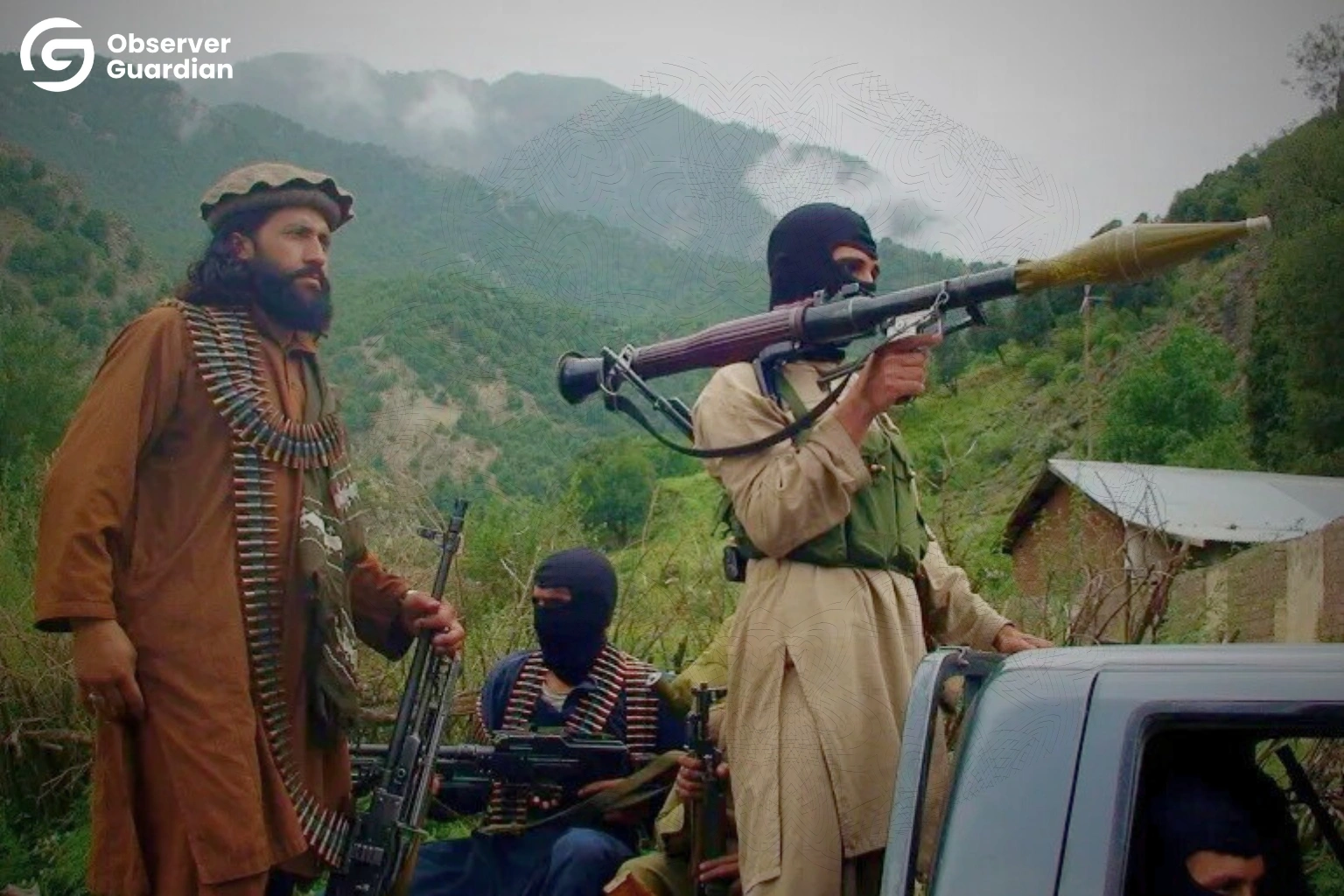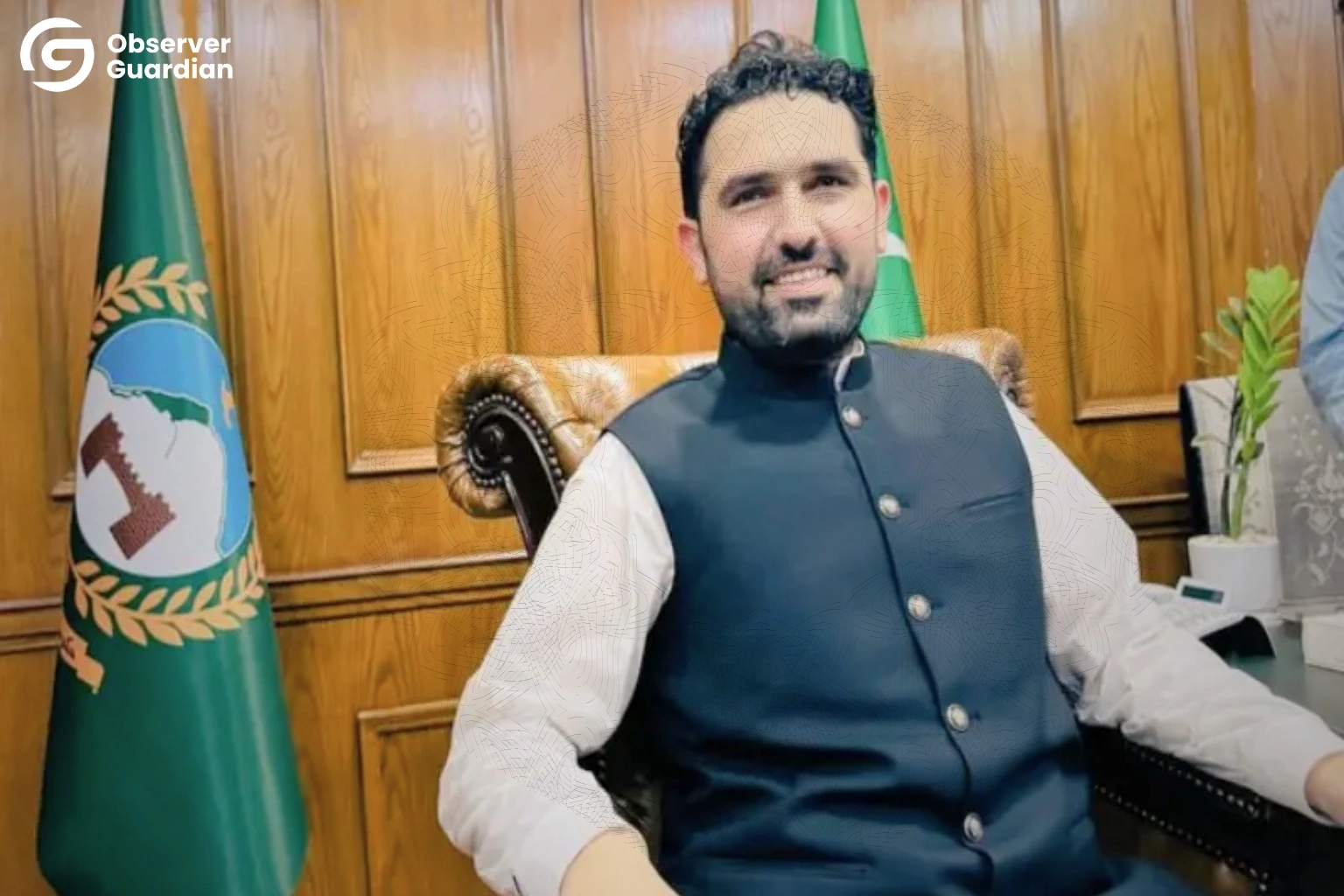Sohail Afridi’s election as Khyber Pakhtunkhwa’s chief minister marks a new political change. This change is now being interpreted as the breaking point in the long and tiresome battle against terrorism in Pakistan. The rise of Afridi is not only that he is the representative of Pakistan Tehreek-e-Insaf (PTI), but also as one who is regarded as one of the most vocal allies of Imran Khan. His adherence to the party line and support for Khan’s antagonistic stance toward the federal government and security establishment have raised concerns. It is a question that how cooperative the province will be in counter terrorism and Afghan policy.
Moreover, Afridi gave an indication in his victory speech on October 13 that his government will not just do same regarding security. He also hinted a more independent strategy, such as willingness to talk to militant groups and blame federal policies towards Afghanistan. Both aspects had a weight in a province that has been over decades of violence and instability.
The Unstable Security Environment
Khyber Pakhtunkhwa is also the most combative province in Pakistan. In the last two years, militant attacks have also occurred in the pacified regions such as Bannu, Dera Ismail Khan, Lakki Marwat, and Karak among others. The intelligence reports indicated that there has been a steady number of fighters moving across the border of Afghanistan. However, it takes advantage of the porous border and the political insecurity within the province as well.
It is a grave concern that the provincial leadership might go back to the policies of conciliation that have failed over time.
The history of Pakistan itself provides some chastening lessons i.e. the peace negotiations of Shakai (2004), North Waziristan (2006), and Swat (2008) collapsed following a short truce in the violence. The militants came out stronger, better armed, and organized every time. A similar outcome was realized even by the attempts of the PTI government in 2021 to initiate negotiations with the Tehreek-e-Taliban Pakistan (TTP). The group took the ceasefire to reorganize, widen its scope, and reestablish its position in tribal and frontier districts. For security officials, these are not imagined threats, but lessons learned through bloodshed and loss.

Politics Polarization
The straining relationship between the federal and provincial governments has made the counter terrorism effort of Pakistan a political tug of war. It may be a fear of government that Afridi may not cooperate or react sluggishly to joint operations, share of intelligence, or resist policies to tighten border control.
If Afridi turns the province into a space for political dissent, he risks isolation and provokes renewed violence.
Militants operate in spaces devoid of communication, trust, and determination. In addition, there exist even more general issues of governance. The intelligence reports indicate that some of the PTI leaders in KP are financially interested in smuggling. The laxity at the frontier does not only empower militants but also promotes an underground economy which is profitable to local power brokers.
The Afghan Factor
Afridi can tap into sentiments in parts of KP, where strong cultural and tribal ties across the border exist, to criticize the government’s Afghan policy. He encouraged direct communication with the Taliban government, suggesting that local avenues can do more than bureaucracy. Delegations of clerics, tribal elders, and senior ministers such as Khawaja Asif and Mohsin Naqvi have all made trips to Kabul in search of collaboration with respect to border management and counter terrorism. Regardless of these, the Afghan Taliban have made no attempt to stop the TTP or deliver wanted militants.
However, Sohail Afridi is in a dilemma that has ruined most of his predecessors how to juggle between political loyalty and provincial responsibility. His party can anticipate fighting, yet his province is in dire need of cooperation. The people of Khyber Pakhtunkhwa are weary of bomb blasts and political antics, they want to feel safe.
Therefore, if Afridi applies his mandate to reinforce provincial institutions and align with the center, he would be able to stabilize KP and become a serious leader. If he turns the province into a platform for political dissent, he risks isolation and could provoke renewed violence. Pakistan’s counter terrorism effort has never been fully consolidated, it depends on cohesion and sustained commitment. Ultimately, it remains unclear whether Sohail Afridi will help strengthen unity through his leadership or deepen internal divisions in the months ahead.
⚠ Disclaimer
The views and opinions expressed in this article are exclusively those of the author and do not reflect the official stance, policies, or perspectives of the Platform.







